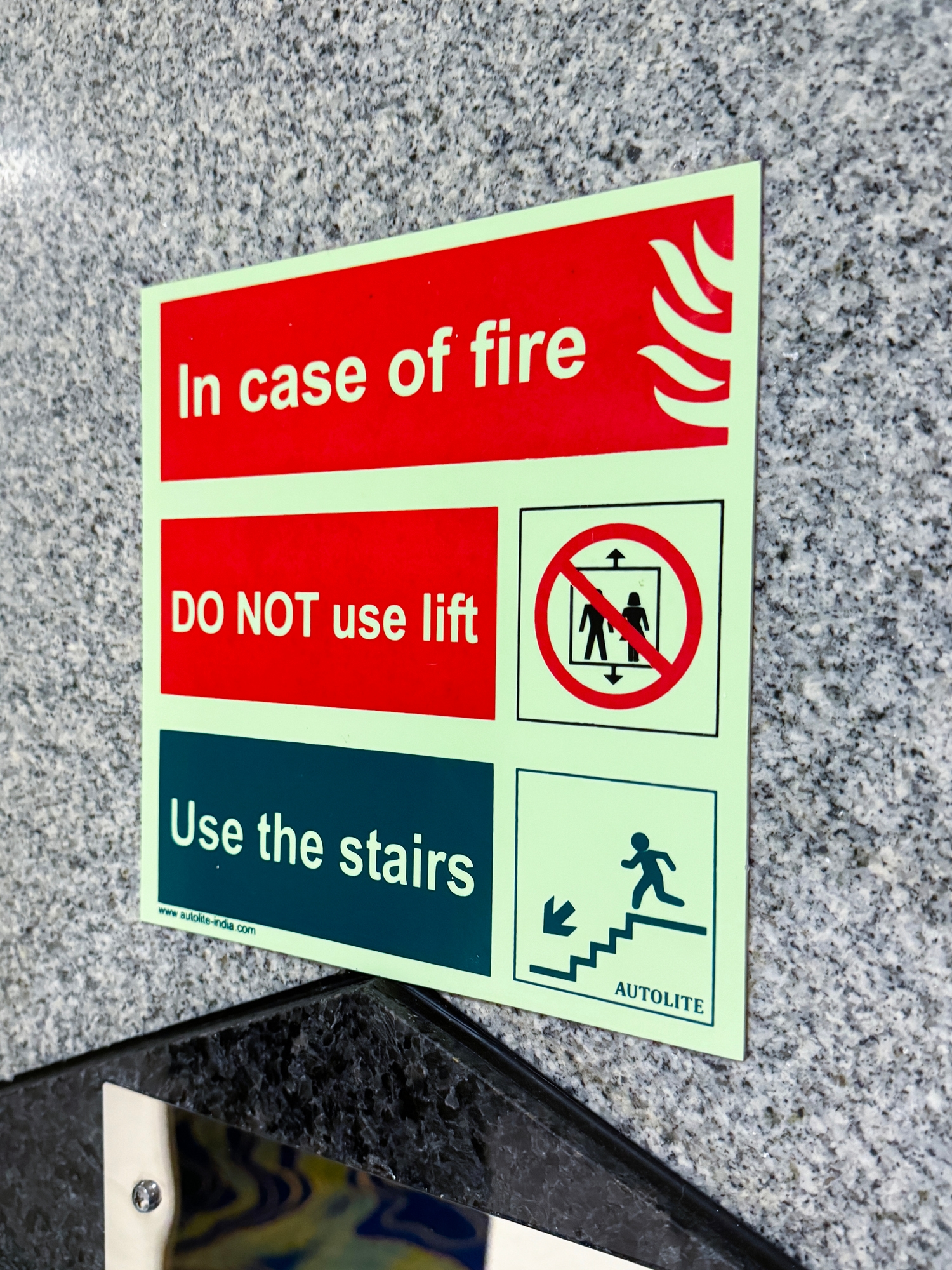Latest News
Stay informed with the latest updates, industry insights, and company news. From product innovations to expert advice, discover how we’re enhancing safety and accessibility.

Let a Lift Save a Life: Enhancing Emergency Evacuation Strategies
An emergency situation quickly creates the need for swift, yet considered, action on the part of facilities...
Read more
Is Your Evacuation Plan Weight Inclusive? Meet the Reliable Evac+Chair 500H
Birmingham-based Evac+Chair International, the UK’s leading manufacturer of escape equipment, has replaced...
Read more
Why businesses should consider safety of expectant mothers as pregnancy rates rise
Pregnancy rates have risen consistently in recent years and are currently around two per cent higher than...
Read more
PEEP’s & GEEP’s
Employers and organisations should not just rely on the building plan and layout design when preparing an...
Read more
Evac+Chair unveils Evac+Power 1000H: a lightweight, battery-powered stair-climbing evacuation chair
About Evac+Chair For over 40 years, Evac+Chair has been the original manufacturer and global leader in...
Read more
Preparedness begins with proper planning
Emergencies are unpredictable and can strike at any time; understanding your legal obligations and being...
Read more
Saving and protecting lives since 1982
Evac+Chair is the original manufacturer and global leader in emergency evacuation chairs for the mobility...
Read more
Evacuate and protect everyone
Claire Blakemore, the new MD of Evac+Chair International, discusses how innovative evacuation solutions,...
Read more
Failure to prepare, is preparing to fail
Established for over 40 years, Evac+Chair are the original manufacturer and global leader in the design and...
Read more
Lawmakers urged to close legislative gap and provide better protection for disabled
People with disabilities are being put at risk by the lack of clarity over where responsibility lies for...
Read more
Risky Business
The most important chair you’ll ever buy. Emergency evacuation measures risking lives of disabled...
Read more
A Universal Right
Evac+Chair Managing Director, Ges Wallace, discusses the urgent need for clearer fire safety guidelines In an...
Read more